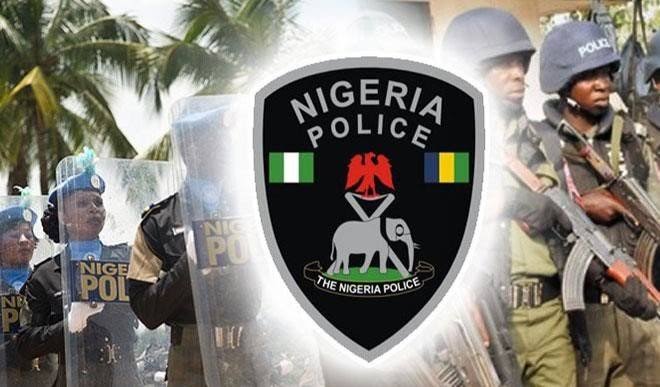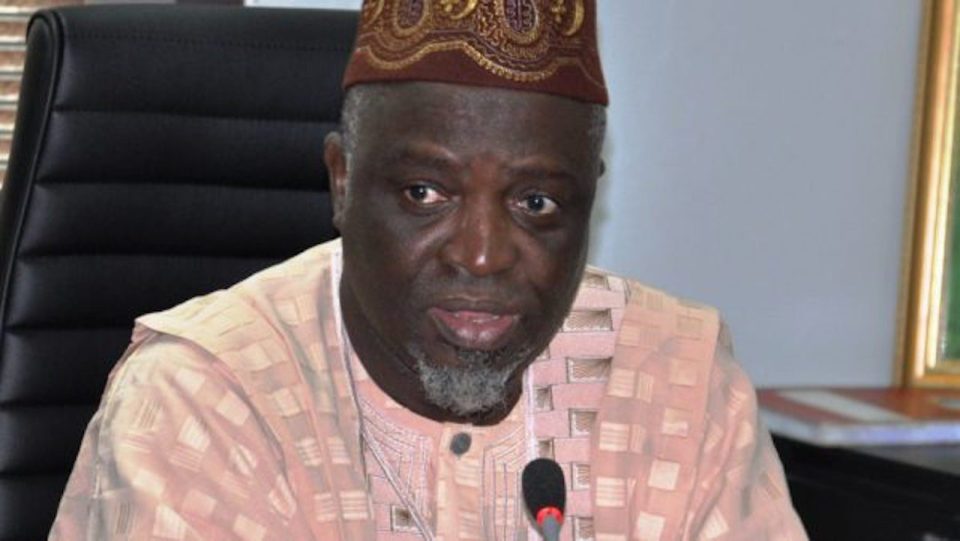The immediate past Resident Electoral Commissioner of Enugu State, Emeka Ononamadu, is not a man of many words. Mirroring one year anniversary of a laudable tenure as REC, Enugu State, Ononamadu asserted that it would be callous to demean the transparent preparation and transformation INEC under Prof Mahmood Yakubu introduced ahead of the 2023 general elections. In this interview with BENEDICT NWACHUKWU, Ononamadu speaks about those preparations, transformations and how they were brought to bear. He said INEC’s reforms ahead of the 2023 elections should be commended by all stakeholders. Excerpts:
You have remained silent over the conduct of the 2023 general elections. Is it that you don’t want to criticize your colleagues given the uproar that trailed the elections, especially the presidential election now in court?
I have been relatively silent on issues about INEC and the 2023 general elections because there have been too many emotions in most of the public commentaries I have seen, read or heard.
Again, I did not want to be seen as either praising or condemning our successors who conducted the election for fear of harsh classification as malice out of office.
However, there is a tendency for one to indirectly appear partisan no matter the views you take. However, objectivity and variety of opinion may be what the nation requires for holistic understanding of the complexities election brings to Nigeria or other democratic countries.
Incidentally, today is exactly one year since I left INEC after serving our dear country for five years as Resident Electoral Commissioner. I have been deep into development/democracy consulting, teaching and facilitation, food justice and food security advocacy among other CSOs activities.
While reflecting on my time as REC, I remembered that the election I supervised in Enugu was tagged one of the best and I received lots of awards including an exceptional award by Inter Party Advisory Council Enugu chapter, an award that was considered impossible due to bickering among political parties.
What would you say are the major achievements of INEC while you served and in what ways did these impact the 2023 general election?
Today, my major reflection is on most of the reforms, new technology, strategic plan expansion of voter access that were achieved while I was in INEC as well as how those reforms impacted on the presidential election, 28 gubernatorial elections, 109 senatorial, 360 House of Representatives and 993 State Houses of Assembly elections.
While public commentaries are made on these elections, there have been rare references to most of these lofty reforms despite the challenges of the 2023 general election. The introduction of BVAS replacing Smartcard readers and IREV as well as IVED is the greatest achievement of INEC under Prof. Yakubu. It should not be taken away by the challenges of the 2023 election which I am not discussing.
Why are you not discussing it?
First, we should wait for the courts to review whatever evidence they have, most of which I don’t have, before forming a final opinion or running into what they refer to as contempt of tampering with the minds of the judges.
Secondly, I am a student of appreciative inquiry approach to institution building and improvement. In appreciative inquiry, you approach improvement from the positive perspective, which means taking into consideration all the positive outcomes within the cycle so as to address the negative ones smoothly without total demolition of both the good and the bad ones.
“If we approach the development of our election system only from the small prism of challenges, Nigeria will be running round the cycles without meaningful improvement of the system that on its own has generated enough milestones for immediate consolidation”
What positives are there, given the uproar that greeted the election? The BVAS did not do what it promised to do.
The online preregistration of Voters /CVR, the IVED and the BVAS which replaces the card reader are enviable milestones. You remember that politicians said BVAS will not work, 2023 general election showed that BVAS can work. Interestingly both those that were declared winners and others challenging the declaration in courts are relying on the BVAS despite criticisms.
Also the IREV and Electoral reforms as pushed by INEC and CSOs, the expansion of voter access by creation of polling Units, Reduction of Numbers of Political Parties from 0ver 89 to 18, Logistics tracking of materials.
The introduction of these is major milestones because they have, to a large extent, protected the younger or smaller parties today. The spread of election victory particularly at the National assembly level is interesting.
Someone said it would have been better and I concurred because things should keep getting better.
Yes, you said you are not talking about the 2023 polls, but it appears that the commission decided to shoot itself in the foot after all the hard work.
I was part of the process. There are no other intentions of these INEC reforms stated above other than improved election outcome.
Using the appreciative inquiry method is to look at the positives of those reforms during the 2023 general election and commence discussion on areas to consolidate as well as areas to improve upon. If we approach the development of our election system only from the small prism of challenges, Nigeria will be running round the cycles without meaningful improvement of the system that on its own has generated enough milestones for immediate consolidation.
For instance, it was the new system that disappeared the bogus figures that were usually churned out as results from states referred to as swing states.
The key question is how can we consolidate on the use of BVAS or quickly migrate to electronic voting now that the BVAS has shown to Nigerians that it can work in all nooks and crannies of the country
How can we consolidate on the use of IReV and eliminate any encumbrance since it is adjudged acceptable by Nigeria. After all, it is also providing adequate evidence for those challenging declarations of results.
Critical among the achievements during my time is the expansion of voting access to voters by the creation of new polling units yet the percentage of voter participation plummeted to its all-time low. With the positives and new methods that were introduced by the Commission, the level of expected participation was linked to the huge participation during the contentious voter registration exercise.
If the challenges in the February 25 election affected participation during gubernatorial election, what was responsible for low participation during the March 18 governorship election, despite the trust increase by citizens on INEC?
A reflection of politicians’ attempt to inject tribalism and nepotism, religious romancitization and extreme party patriotism against national patriotism were regrettable factors that should be destroyed first for a healthy nation and a healthy democracy.
And what is the take home?
In applying appreciative inquiry model, and combining it with contentious assessment model of performance appraisal, which looks at the totality of activities than a single activity, I therefore maintain that the achievements of the Independent National Electoral Commission during the five years I was Resident Electoral Commissioner was remarkable and laid a solid foundation for a better performance if those good things that can be built upon are not thrown away with emotions.

